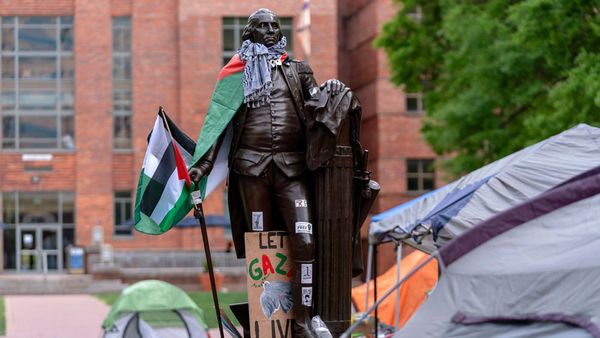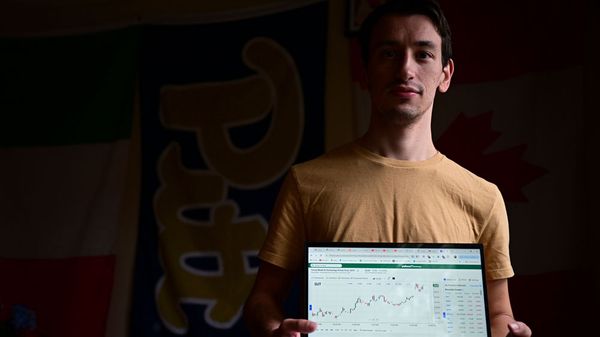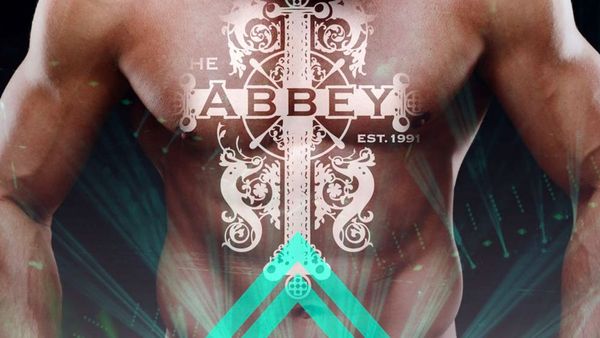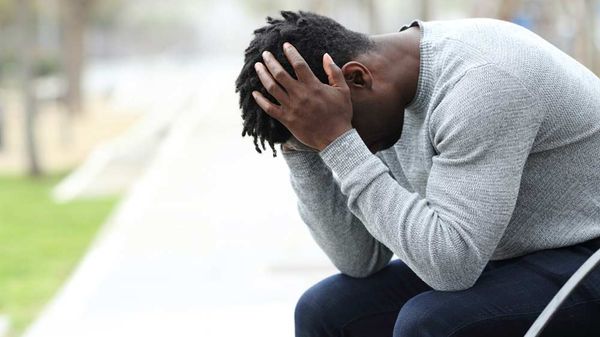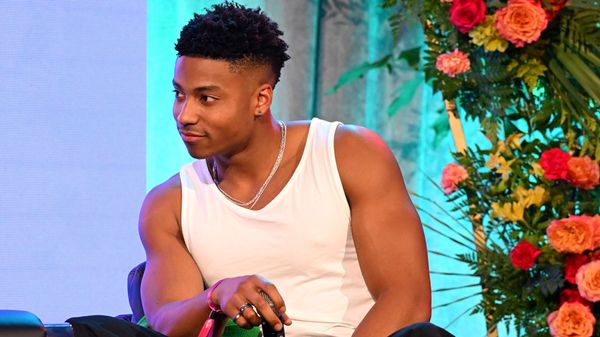July 9, 2009
Transgender Chicagoans find refuge in their city
Joseph Erbentraut READ TIME: 3 MIN.
When transgender activist and performer Alexandra Billings grand marshaled Chicago's Pride parade last month, the broader LGBT community was offered an opportunity to ponder a few questions: "What does our city offer for our transgender community? Is Chicago a safe, welcoming place for the 'T' of our alphabet soup?"
Based on conversations with a number of the city's foremost trans leaders, it would appear the Windy City is generally doing pretty well.
"Chicago is a wonderful place to live, work and play, as a trans person," June LaTrobe, the outgoing Trans Community Liaison at the Center on Halsted, which offers a variety of both trans-centered and inclusive social and support services, shared. "The Chicago Police Department has two special training videos which deal with the correct way to interact with trans individuals, the City's ordinance concerning restroom use is totally trans friendly. There are three major social groups, several bars and clubs that have major trans attendance. The Chicago area is delightfully 'trans friendly' and a relatively safe environment."
GenderWork, the Chicago chapter of Tri-Ess, the Chicago Gender Society and the new group Genderqueer Chicago are among the organizations that provide trans Chicagoans with social and support services. These group's activities are further enriched by the Howard Brown Health Center, which offers culturally competent medical care in addition to a twice-monthly support group.
Each organization caters to a slightly different sub-section falling under the ever-expanding trans "umbrella." GenderWork (www.genderworkchicago.org) is primarily geared toward serving FTM trans Chicagoans and offers twice-monthly meetings.
Meanwhile, the Chicago chapter of Tri-Ess (www.chi-triess.org), a national organization, is inclusive to all. It focuses much of its efforts, however, on the needs of male cross-dressers and their spouses and families. Tri-Ess hosts monthly meetings and social events, in addition to the Holiday En Femme conference, which will feature author Helen Boyd as its keynote speaker.
The Chicago Gender Society (www.chicagogender.com) is open to both male and female-identitified individuals, and "just about anybody" as president Jackie Perry described. The group is probably the city's largest trans group, with approximately 130 members. It distributes a newsletter in addition to sponsoring educational outreach sessions its garden party on July 18 and a number of other social events.
Perry said the group's activities, particularly its educational programs, continue to have a positive impact.
"It's always difficult when there's that underlying stigma that goes with being transgender and not everybody understands... but I believe it's becoming more accepting," Perry shared. "We're trying to make an awareness of ourselves and build up support in the community, getting more people to work with us since we're on the tail end of the GLBT community."
Genderqueer Chicago (www.genderqueerchicago.blogspot.com) is the newest organization to the fray. The group, incorporated earlier this year, provides an outlet for individuals who don't identify with gender conventions but don't necessarily identify as trans. Genderqueer Chicago hosted a large 1920's-themed social event at Minibar last month. And it plans for other future events, in addition to a blog drive, encouraging members of the community to share their story.
"Our goal is providing free, widely publicized, accessible spaces to anyone who wants to talk about gender and deconstruct gender, thinking about their own gender as something we all learned and binds us in," Genderqueer Chicago co-founder Kate Sosin explained.
Co-founder Peter Noble continued.
"We decided to make a scene," he said. "We felt a need for a space or forum for us to get together and talk about what was going on in our lives and figured if we needed it, then other people probably did too. I feel like transgender or genderqueer folk I've met have felt more like orphans. Most of the people I've met have seemed sort of lost and so I'd like to create a family."
With debate over the Employment Non-Discrimination Act back in the headlines on Capitol Hill, all of the organizers interviewed for this story agreed cooperation was key to progress, even as the needs and priorities of trans people sometimes differ among themselves and lesbian, gay, bisexual and allied activists.
"Our biggest strength is our community and how we can connect with each other," Sosin said. "I think that rather than competing for space, there's a real need to connect. We're so small in some ways but we can't afford to shut each other out."
Joseph covers news, arts and entertainment and lives in Chicago. He is the assistant Chicago editor for The Huffington Post. Log on to www.joe-erbentraut.com to read more of his work.


